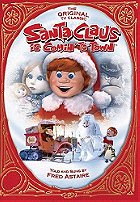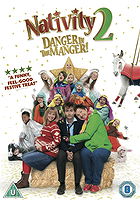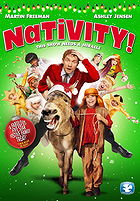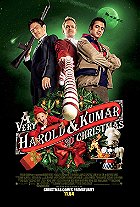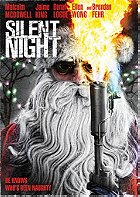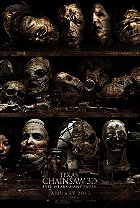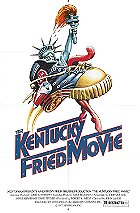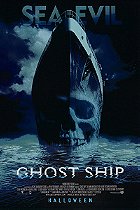On top of rote adaptations of Charles Dickens' iconic novella A Christmas Carol, the tale has also been adapted using recognisable characters from certain franchises. Thus, we've seen the likes of Mister Magoo's Christmas Carol and The Muppet Christmas Carol, as well as Mickey's Christmas Carol, a 1983 Disney-produced short which was attached to the theatrical re-release of The Rescuers. There is a certain fatigue to the story due to the surplus of other adaptations, but this retelling does have its merits, and was actually nominated for an Academy Award. Being a Disney production, Mickey's Christmas Carol is bright and energetic, making it a suitably entertaining festive watch for kids and adults alike.

The story here remains unchanged, so only a short synopsis is necessary. Set in Victorian England, greedy businessman Ebenezer Scrooge (Scrooge McDuck, voiced by Alan Young) is one of the most reviled men in London, charging outrageous interest rates and mistreating his sole employee, Bob Cratchit (Mickey Mouse, voiced by Wayne Allwine). Scrooge also hates Christmas, even refusing to join his nephew Fred (Donald Duck, voiced by Clarence Nash) for his annual yuletide dinner. On Christmas Eve, Scrooge is visited by the ghost of his former business partner, Jacob Marley (Goofy, voiced by Hal Smith), who warns Scrooge that he must change his ways or suffer for eternity in the afterlife. Following Marley's visit, Scrooge is visited by three more spirits, who aim to show him the error of his ways and compel him to repent in order to save his soul.
The big drawback of Mickey's Christmas Carol is that it's simply too short at 26 minutes, with its scant timeframe facilitating only a cliff-notes retelling of the source material. Although this allows for a fast-paced short, it needed more breathing room, as the meagre length means that a lot of the details of the story had to be cast aside. It would be foolhardy to expect genuine story depth in a Mickey Mouse movie, granted, but this feels like a bit of a missed opportunity, making Scrooge's arc feel a bit unearned. Admittedly, Dickens' tale is fairly short, but the finished product here feels too short. Admittedly, too, Richard Williams' 1971 animated retelling is one of the best adaptations to date in spite of its 25-minute length, but Williams' storytelling was smarter and stronger, making more of an impact. Mickey's Christmas Carol should have been expanded into a full-blown feature. It's an especially glaring flaw since The Muppet Christmas Carol took a similar approach to Dickens' story, but was much more successful, as it was a faithful and powerful retelling that had the freedom to tell a more complete story.

Despite its detrimentally truncated nature, Mickey's Christmas Carol excels in other aspects. The animators at Disney have done a marvellous job, delivering vibrant, colourful visuals and superbly fluid animation. It definitely has the look of a theatrical Disney feature film with its magnificent technical specs. And though this should've been a longer movie, Mickey's Christmas Carol in its current form is adequate enough, with plenty of charm and some standout sequences. Animation buffs will also enjoy seeing recognisable animated characters inhabiting Dickens' story. On top of appearances from Goofy, Mickey Mouse and Minnie Mouse, folks like the Big Bad Wolf, the Three Little Pigs and Chip & Dale get cameos, not to mention minor characters from Robin Hood as well. However, it does seem a bit strange that this short is titled Mickey's Christmas Carol, since Mickey's Bob Cratchit is a supporting character with limited screen-time.
All things considered, this version of A Christmas Carol definitely has its charms and will always hold a certain nostalgic appeal for certain folks, but it's very lightweight and doesn't do much with this story that's new or exciting. Indeed, it's just an enjoyable 26 minutes of recognisable Disney characters going through the time-honoured motions. Still, it gets credit for being what it is - you can happily put it on with the family around Christmastime, and it's not surprising that so many people watch it on an annual basis.
6.8/10
 Login
Login
 Home
Home 183 Lists
183 Lists 1674 Reviews
1674 Reviews Collections
Collections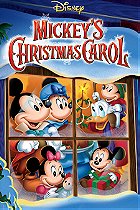
 0 comments,
0 comments, 